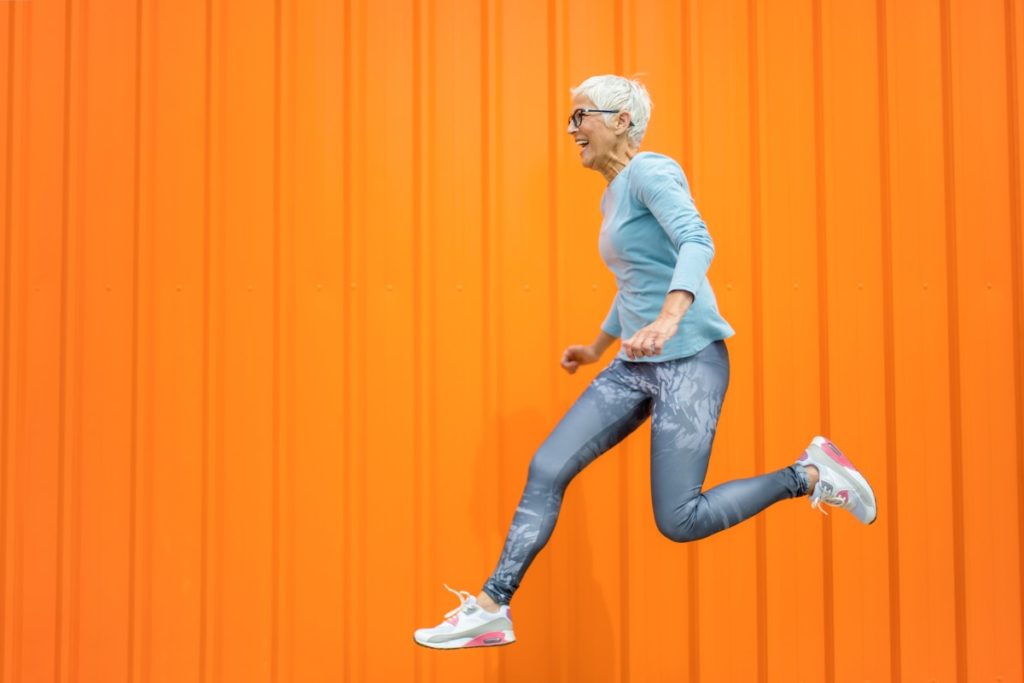Want to live to be 100? Look to your gut microbiome!
Researchers into the ageing process turn to Japan, where the average age exceeds that of most Western countries. Japan has the highest rate of centenarians in the world, with 0.06% of the population aged 100 or older. In fact, Kane Tanaka, the world’s oldest woman, lives in Japan and is 117 years old.1
Why do the Japanese age so well?
Centenarians seem to have a different “microbial signature” compared to younger people. Their microbes produce certain bile acids that suppress harmful bacteria like Clostridioides difficile2 which can cause severe illness and even death in vulnerable individuals. That’s important if you’re aiming for a longer, healthier life, since pathogens drive disease and shorten lifespan in humans.3
But what about “the good bacteria”? Japanese centenarians eat a fibre-rich diet with diverse polyphenols and abundant fatty acids. They also eat plenty of fermented foods like natto, miso, and tamari, all known for their neuroprotective properties.4 Like our kefir, these traditional ferments contain both beneficial bacteria and yeast.5
The Japanese diet is also very diverse, driven by their wide consumption of land and sea vegetables like seaweed, and their preference for multiple small dishes instead of one large main course.6 This diet diversity drives the growth of beneficial bacteria like Bifidobacterium, Faecalibacterium, and Roseburia. These microbes contribute to the production of anti-inflammatory butyrate, and help reduce circulating levels of toxic ammonia.7
What else are centenarians doing right?
Successful ageing is about more than just diet! Japanese centenarians also seem to remain active for longer than most younger Westerners. This may explain their low inflammation levels. Studies also show they also have a better Body Mass Index (BMI) as well as better kidney and liver function.8
What can we learn from Japan about successful aging?9
- Eat fermented foods, including kefir, natto, miso and tamari. Fermentation naturally enhances food preservation, boosts the number of beneficial bacteria, or probiotics, in your gut and has been shown to improve health and digestion.10
- Try forest bathing. This Japanese relaxation practice is a simple method of being calm and quiet amongst the trees, observing nature while breathing deeply. It has been scientifically shown to help both adults and children de-stress, improve blood pressure reduction, boost autonomic and immune functions, alleviate depression and support mental health.11
- Contribute. Consider joining a volunteer organisation or charity in your community. Researchers identify “social cohesion” as a powerful factor of longevity in Japan, citing the “deep feelings of belongingness to organizations and communities, keeping (older citizens) from feeling alienated in the society.”12 Contribution is also one of the “serotonin-producing” activities shown by biochemist Robert Lustig to lower stress levels and boost contentment, leading to longer and happier lives.13

















